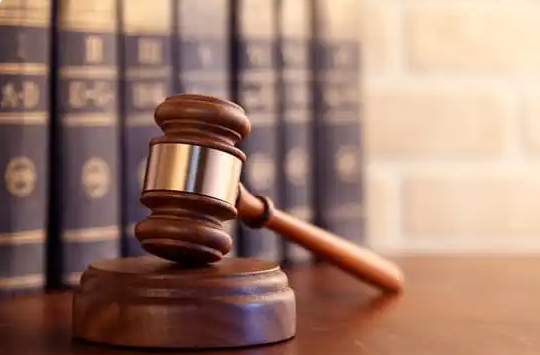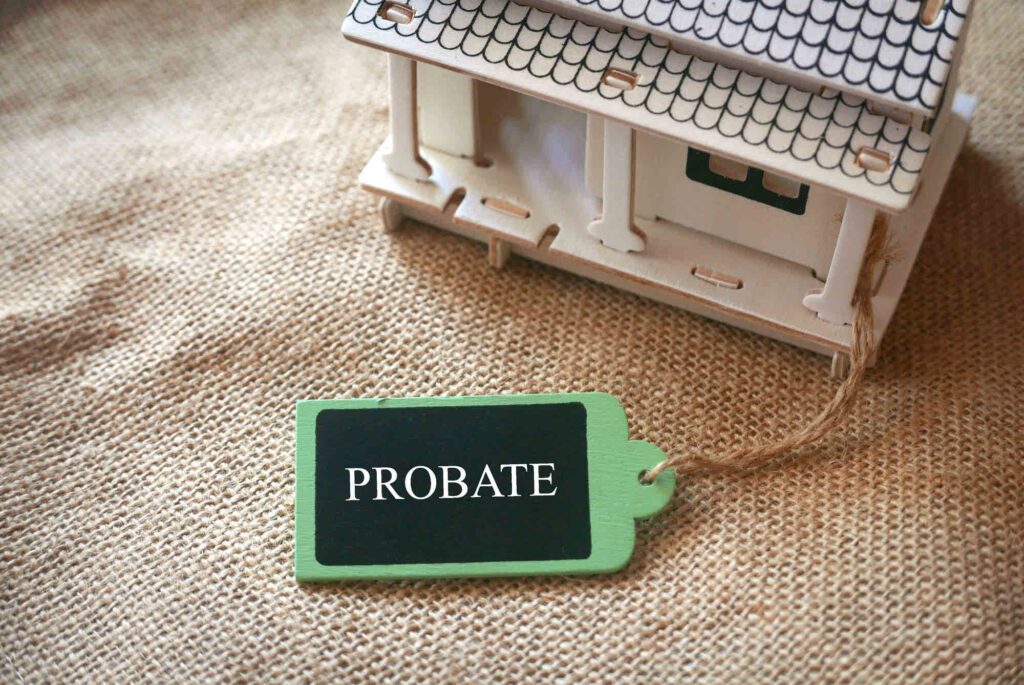When someone dies without leaving a will, they are said to have died “intestate.” In these cases, the distribution of their estate is governed by intestacy laws, which specify who is entitled to inherit and in what proportions.
To manage the estate, a close family member, such as a spouse, partner, or child, typically needs to apply to the Supreme Court for Letters of Administration. This legal document grants authority to administer the deceased’s estate. If no family member is able or willing to apply, the responsibility may fall to a trustee company like State Trustees.
What Is an Estate?
An estate consists of everything the deceased owned, such as:
- Property (e.g., house, land)
- Vehicles
- Bank accounts
- Investments
- Personal belongings
It also includes liabilities, like mortgages or loans, which must be settled before distributing any remaining assets.
Who Gets What?
The distribution of an estate under intestacy laws depends on the deceased’s surviving relatives. Here’s how it works:
If the Deceased Had:
A Partner and No Children
- The partner inherits the entire estate.
A Partner and Children (from the same relationship)
- The partner still inherits everything.
A Partner and Children from a Previous Relationship
- If the estate exceeds the statutory legacy (currently $559,660 in Victoria as of 1 July 2024), the partner receives:
- All personal property of the deceased
- The statutory legacy amount
- Interest on the statutory legacy
- 50% of the remaining estate
- The remaining 50% is divided equally among the children from the previous relationship.
- If the estate is less than the statutory legacy, the partner inherits the entire estate.
No Partner, Only Children
- The estate is divided equally among the children.
- If a child has predeceased, their share is inherited by their children (the deceased’s grandchildren).
If There is No Partner or Children
If the deceased has no partner or children, the estate is distributed to the closest next of kin in the following order:
- Parents
- If both parents are alive, they share the estate equally.
- Siblings
- If no parents are alive, the estate is divided equally among siblings.
- If a sibling has passed away, their children (nieces and nephews) inherit their share.
- Grandparents
- If no siblings exist, the estate passes to the grandparents.
- Aunts and Uncles
- If no grandparents are alive, the estate is shared equally among aunts and uncles.
- If an aunt or uncle has passed away, their children (cousins) inherit their share.
Can Friends Inherit the Estate?
No. Under intestacy laws, friends are not entitled to inherit, regardless of how close the relationship may have been.
What Happens If No Family Can Be Found?
If no relatives can be located, the estate becomes bona vacantia, meaning it passes to the state. In this case, a trustee company will assume responsibility for tasks, such as:
- Organising the funeral;
- Paying outstanding debts; and
- Distributing any remaining assets in accordance with the law.
This step is taken only as a last resort, as significant efforts are made to identify and contact eligible family members before declaring the estate ownerless.
The information provided in this article is general advice only. Given that each situation is unique, we recommend that you contact our wills and estates planning team if you have any questions about the information contained in this article. Our team can be contacted on (03) 9311 8911.





